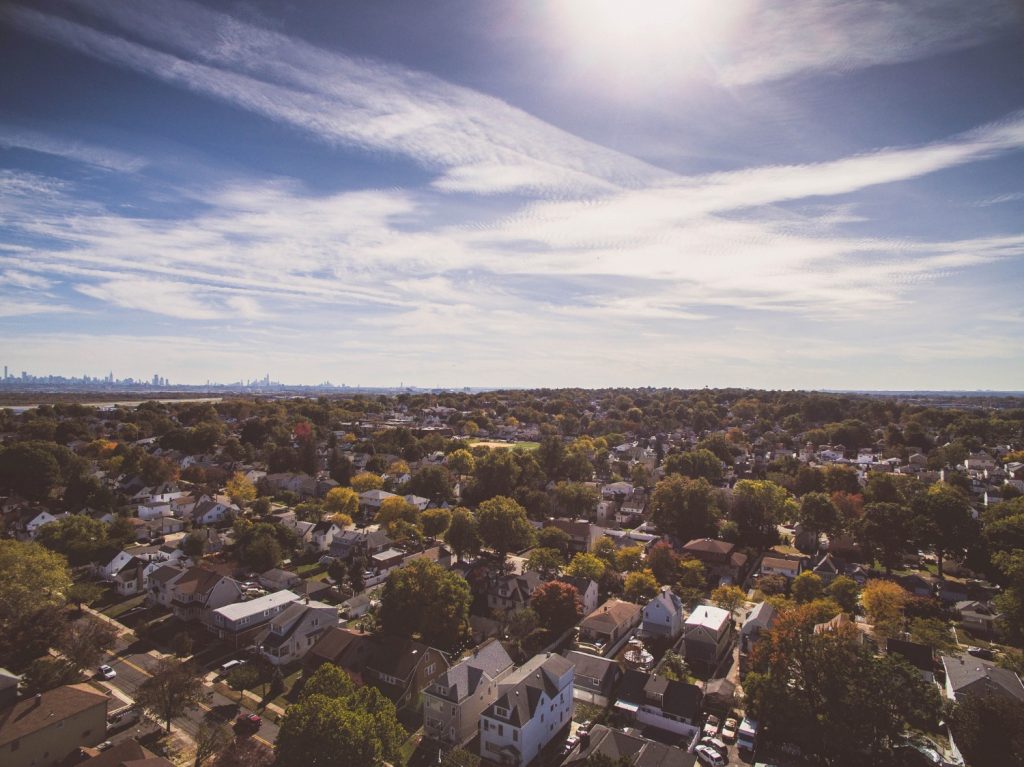If I drove from my office to downtown St. Louis to see a Cardinals game, one of the routes I could take would be Interstate 70, heading east.
As I got closer to the stadium I would drive through the northern part of St. Louis city and county, where some of the homes feature beautiful, historic architecture, and as we say in the real estate industry “great bones.”
At one point these portions of North County were considered the suburbs of the St. Louis metropolitan area, and were really desirable places to live. Many of these communities remain desirable places to live—and offer a cost of living that is hard to match anywhere in the country.
However, many of these communities have experienced challenges over the past decade. The reasons for those challenges are complex, and relate to local politics and history.
In fact, it’s hard to understate the complexity that drives the way cities, communities, and neighborhoods develop. For example, part of the issues the St. Louis area faces are even impacted by city and county planning that happened when St. Louis made an effort to have the nation’s capitol relocated from Washington D.C. to the city — in 1869.
In this aspect, St. Louis is a lot like other American cities: history and politics have created challenges within urban environments. And one of those challenges is that, in many instances, neighborhoods have been nearly or completely abandoned.
Anyone who takes the same route I described on Interstate 70 can see homes and neighborhoods that are simply deserted.
And if you visit Detroit, Baltimore, Cleveland, Cincinnati, and other American industrial cities, you’ll see the same thing.
When residents leave neighborhoods in cities like these, revenue leaves. When revenue leaves, basic services like police officers, firefighters, and teachers become harder to provide.
Safety declines.
When people and safety leave, businesses leave. When people, safety, and businesses leave, neighborhoods experience increased criminal activity.
This isn’t just a phenomenon restricted to inner-city neighborhoods
Relatively new cities and new neighborhoods in states like Arizona, California, and Nevada saw increases in criminal activity in newer, empty tract-home neighborhoods after the recent housing crises. Simply put, one of the biggest threats to a community’s safety and quality of life is an empty neighborhood.
And once a neighborhood is empty, infilling it becomes incredibly costly, and increasingly difficult.

What’s the answer, then?
Do everything we can to prevent neighborhoods from becoming deserted.
How do we do that?
By encouraging investors to purchase homes in neighborhoods with a high number of foreclosures—like many of the suburbs and exurbs built in the late 1990s and early to mid 2000s—and let property owners manage those properties in a way that is both profitable for the property owner, and affordable for renters.
Keeping neighborhoods intact and populated has been one of the benefits associated with the development of residential Real Estate Investment Trusts (REITs), as well as the increased participation in the real estate market by private equity funds.
I know that it’s easy to read about things like private equity or investment trusts and assume the worst. After all, when was the last time someone casually mentioned private equity or investment trusts in any sort of positive way?
Here’s the reality: neighborhoods and cities are healthiest and thriving when they are populated.
Depopulated neighborhoods present significant challenges to cities and communities. And further, a growing number of young people prefer renting, rather than owning, a home.
Given that, the commoditization of a relatively minor portion of the nation’s rental properties is an innovative solution—originating in the private sector—that helps prevent neighborhoods from slipping into abandonment and despair.
So rather than demonizing the investors and innovators who have created ways to keep neighborhoods from becoming abandoned, let’s recognize the impact of their work. And start figuring out what we can do to help neighborhoods that need a solution far more complex than simple commoditization.


